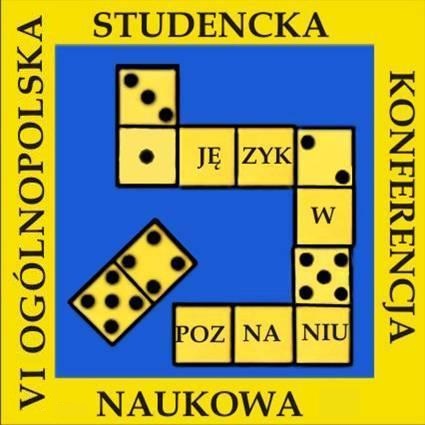Abstrakty - VI edycja

Prezentujemy listę referentów oraz tytułów wystąpień i posterów wraz ze streszczeniami. Zapraszamy do lektury!
Przypominamy, że język, w którym podany jest tytuł, jest równoznaczny z językiem całego wystąpienia.
Pod każdym streszczeniem można dowiedzieć się, jakie inne referaty będą w danej sekcji.
Aleksandra Sokalska-Bennett (Poznań)
Combining MCA and CDA? Investigating heteronormativity
Western societies generally recognise only a two gender system based on binary understandings of gender and sexuality (Motschenbacher 2011). This means that heterosexual men and women are believed to posses mutually excusive gender identities, which is often explained and justified via biological differences between the sexes. This system of categorising people in just two exclusive groups based on their gender and (hetero)sexuality is called heteronormativity (Motschenbacher 2011, 2013). A novel combination of critical discourse analysis (Reisigl and Wodak 2001) and membership categorization analysis (Stokoe 2012) allows for the uncovering of hidden relations of language, power and ideology present in the heteronormative family discourse. By unpacking the discursive realisation of online users' situated categorizations of relevant social actors based on their moral and cultural 'commonsense' knowledge about family life, I investigate how those categorizations lead to the negotiation and maintenance of dominant heteronormative ideologies.
Gdzie i kiedy:
| W tym samym czasie ... 412, 416 | sala: 504 moderacja: Ida Stria |
| 10:00-10:15 | Bartłomiej Kruk (UAM) - Commonsensical knowledge in talk-in-interaction? The synergy of conversation analysis and membership categorization analysis |
| 10:15-10:30 | Aleksandra Sokalska-Bennett (UAM) - Combining MCA and CDA? Investigating heteronormativity |
| 10:30-10:45 | Monika Hohensee (UAM) - Verb-noun collocations in the semantic field of emotion lexemes |
| 10:45-11:00 | dyskusja |